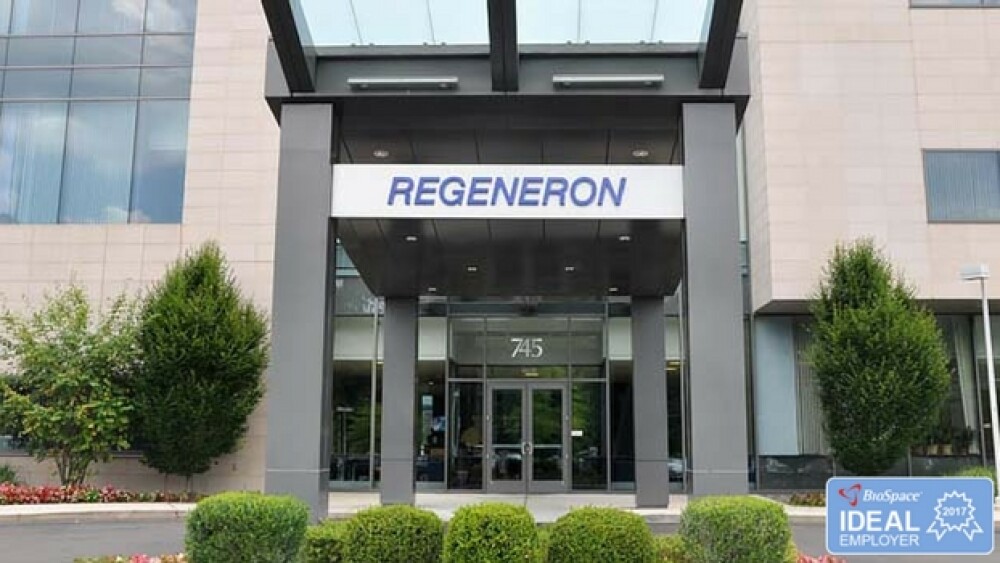In the trial, evinacumab showed a 49% decrease in LDL cholesterol from baseline compared to placebo, which showed a 2% increase.
Regeneron Pharmaceuticals announced positive results from its pivotal Phase III clinical trial of evinacumab in homozygous familial hypercholesterolemia (HoFH).
HoFH is a genetically inherited form of severely increased “bad” cholesterol, low-density lipoprotein cholesterol or LDL. Patients with this disease often show early atherosclerotic disease and sometimes have cardiac events as teenagers.
“People born with homozygous familial hypercholesterolemia—the rare and most severe form of FH—are in urgent need of additional therapies to lower life-threatening cholesterol levels,” stated Katherine Wilemon, founder and chief executive officer fo the FH Foundation. “HoFH causes aggressive heart disease even in childhood, and today’s treatments often are not enough for these individuals. These evinacumab Phase III results bring hope to those who need it most.”
Evinacumab is an angiopoietin-like 3 (ANGPTL3) antibody. The U.S. Food and Drug Administration (FDA) granted the drug Breakthrough Therapy designation for this patient group in 2017.
In the trial, evinacumab showed a 49% decrease in LDL cholesterol from baseline compared to placebo, which showed a 2% increase. This was the primary endpoint of the trial. The trial also demonstrated a 132 mg/dL absolute change in LDL cholesterol from baseline compared to 3 mg/dL decrease in the placebo group. Of the evinacumab group, 47% achieved LDL cholesterol levels less than 100 mg/dL compared to 23% of the placebo group. The drug was also effective in the most difficult-to-treat patients who don’t typically respond to other therapies. The drug also decreased apolipoprotein B, non-HDL cholesterol and total cholesterol compared to the placebo.
The drug was generally well-tolerated. In the double-blind part of the trial, 66% of patients receiving evinacumab experienced an adverse event (AE), but the placebo group reported 81% experiencing an AE. The most common AEs were flu-like illness and runny nose.
Patients in the trial, on average, had LDL cholesterol levels of 255 mg/dL despite receiving other treatments, including statins, PCSK9 inhibitors and others.
“Currently HoFH face limited choices in reducing their LDL cholesterol, including therapies that are time-consuming like LDL apheresis, or that may have side effect concerns,” stated George D. Yancopoulos, president and chief scientific officer of Regeneron. “Despite recent therapeutic advances, there is still a significant unmet need to lower the LDL cholesterol of many patients with HoFH. On average, evinacumab reduced patients’ LDL cholesterol in half and was generally well-tolerated in the trial.”
The trial is ongoing.
Regeneron has had a very busy month so far. The FDA approved its prefilled syringes formulation for Eylea (aflibercept) for various eye diseases yesterday. The company’s REGN-EB3 was found superior to Mapp Biopharmaceuticals’ ZMapp for treating the Ebola virus yesterday to such an extent that the trial was halted early. The independent safety monitoring board stopped the trial after reviewing interim mortality data from 499 patients. The trial was conducted in the Democratic Republic of Congo (DRC), where there is an ongoing Ebola outbreak. In that outbreak, more than 1,600 people have died so far.
On August 6 the company and Sanofi announced that its Phase III trial of Dupixent (dupilumab) for severe atopic dermatitis in children ages 6 to 11 met its primary and secondary endpoints. On the same day, the European Commission approved Dupixent for moderate-to-severe atopic dermatitis in patients aged 12 and above.





